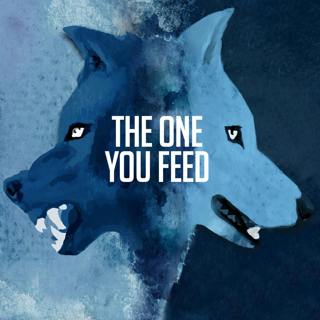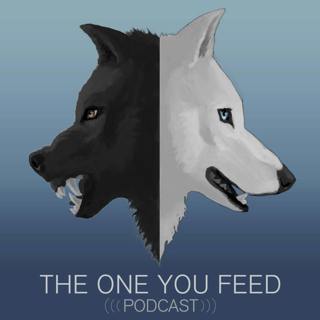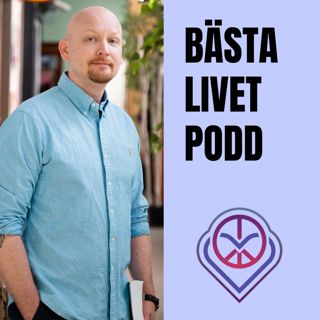
Are You Too Easy or Too Hard on Yourself
When you are feeling down is it better to push yourself to do the things you know are good for you or should you allow yourself to take it easy and do less? Depends.... If you like these mini episode...
4 Feb 20189min

Leah Weiss on the Power of Mindfulness in the Workplace
Please Support The Show with a Donation Leah Weiss wears many hats: she's a researcher, professor, consultant, and author. Much of her work to date has surrounded cultivating compassion in the workp...
31 Jan 201849min

Andy Couturier on Increasing your Happiness by Simplifying Your Life
Andy Couturier lived in rural Japan many years ago and it changed his life. As he lived alongside people who were living profoundly satisfying lives, he learned what they were doing (or not doing!) to...
24 Jan 201842min

Dillan Digiovanni on Activism and Identity
Please Support The Show with a Donation Dillan Digiovanni used to be a really angry activist. He believed his anger was an important driver to fuel his work to inspire change in the world. Then he ha...
17 Jan 201841min

Elissa Epel on Telomeres and How our Choices Affect Them and our Health
Dr. Elissa Epel knows a lot about the science of stress. As a health psychologist, she specializes in research surrounding the role Telomeres and their length play in our body's response to stress. In...
10 Jan 201840min

Steve Hagen on Perception, Conception, and Enlightenment
Steve Hagen is the founder and teacher of the Dharma Field Zen Center in Minneapolis, MN and the author of several books on Buddhism, including Buddhism Plain and Simple which is one of the top five b...
3 Jan 201841min

Johann Berlin on Living a Fulfilling Life
Please Support The Show with a Donation Johann Berlin has worked with some of the world's greatest leaders, Fortune 500 companies, has spoken at a Ted conference and is in the process of writing a boo...
27 Dec 201738min

Andrea Lieberstein on Mindful Eating to Nourish our Whole Selves
Please Support The Show with a Donation Andrea Lieberstein can teach you how to nourish your whole self so that you can have a healthier relationship with food. What does that mean? Well, often, we tu...
20 Dec 201745min






















